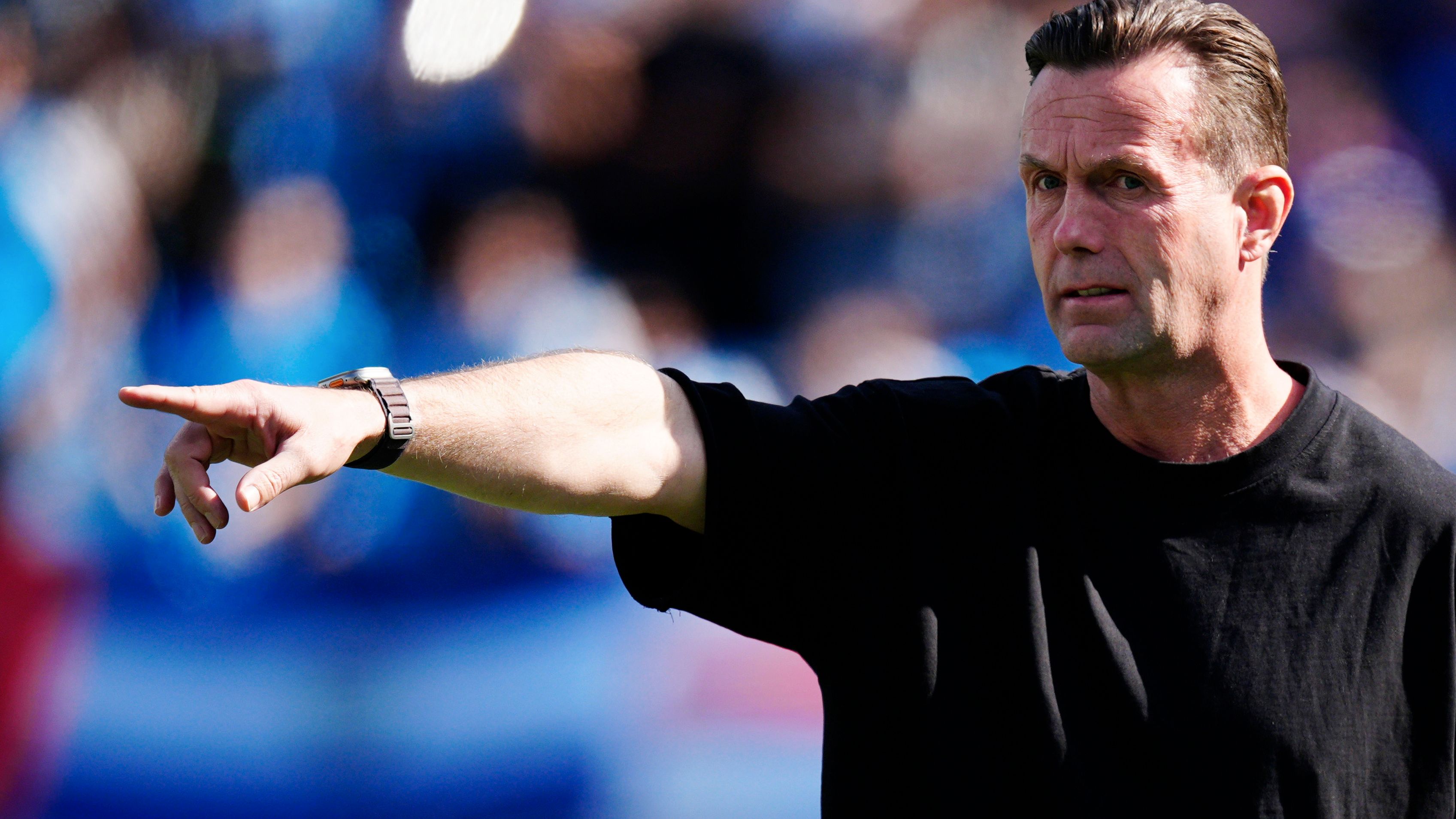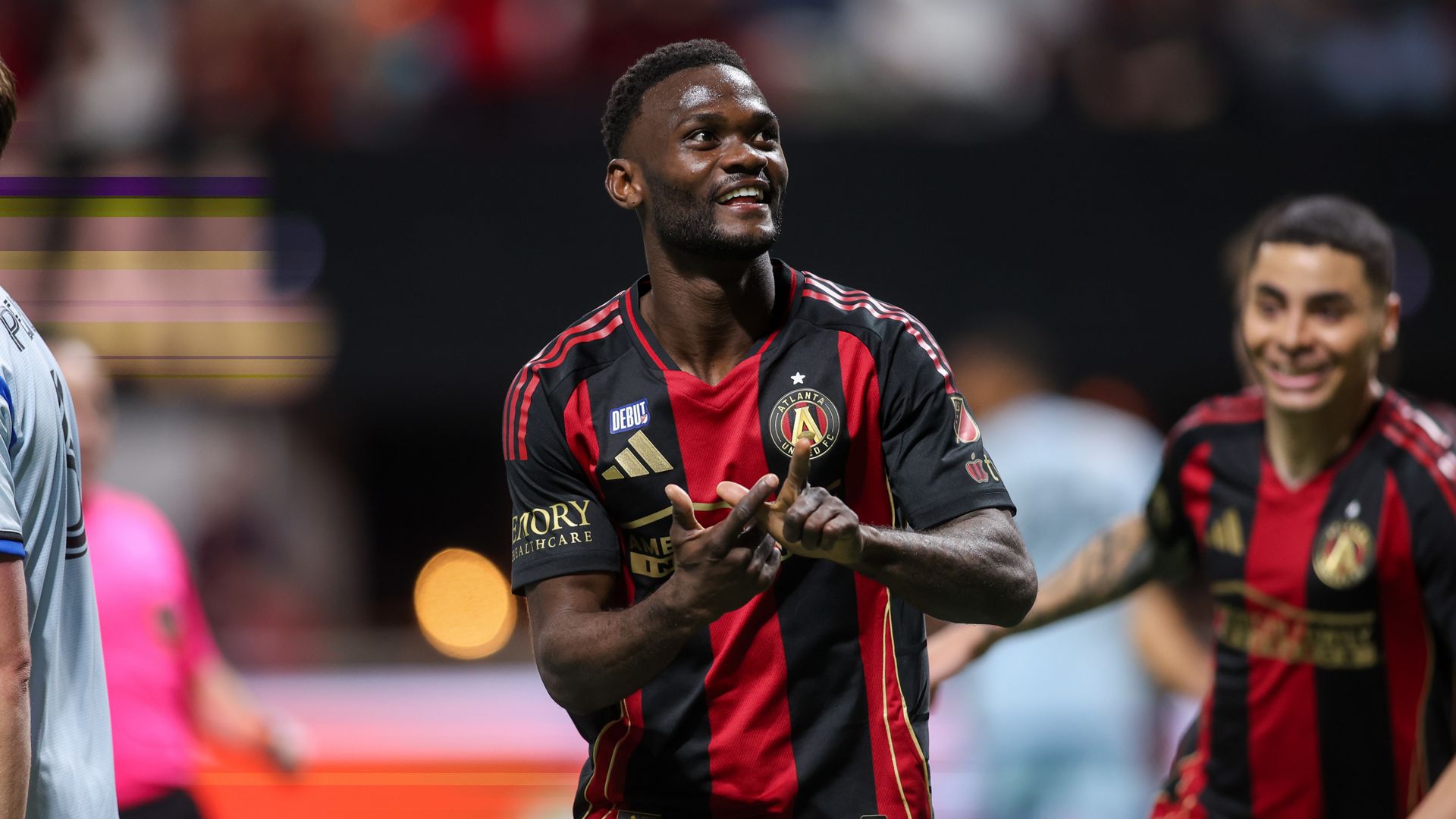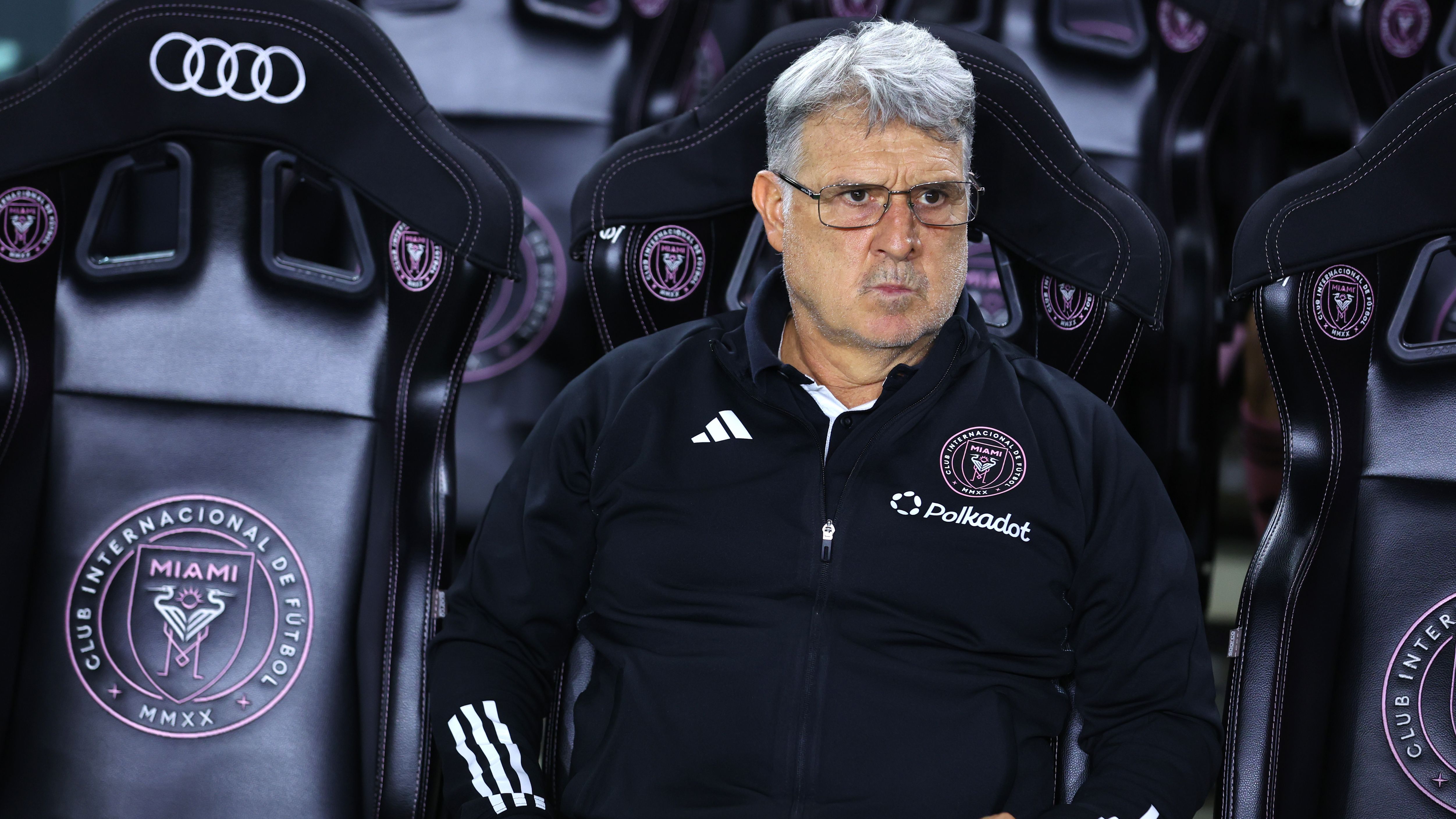Atlanta United Ends Tenure of Coach Ronny Deila Following Underwhelming Season
In a swift and decisive action, Atlanta United has opted to part ways with head coach Ronny Deila after only one year, driven by the team’s failure to meet expected performance benchmarks in MLS. This change underscores the club’s pledge to enhance the quality of play and deliver an exceptional experience for supporters, signaling a fresh start aimed at reclaiming their competitive edge.



Reasons for the Coaching Shift at Atlanta United
Right after wrapping up the MLS season with a tie against D.C. United, Atlanta United wasted no time in making changes. The club’s CEO and President, Garth Lagerwey, emphasized in his remarks that the team’s output fell short of their usual benchmarks this year. He noted that, in consultation with top executives, they determined a new path forward would benefit Atlanta United most, as they are dedicated to offering fans a far superior performance on the field without delay.
Reflections from Club Leadership
Lagerwey further expressed appreciation for Deila’s dedication during his stint, extending good wishes for his upcoming pursuits. This decision echoes sentiments from owner Arthur Blank, who earlier highlighted that the squad’s recent outcomes did not align with the club’s identity or goals, deeming them unsatisfactory and prompting immediate action.
Building Anticipation Around Potential Successors
Rumors of a leadership switch had been circulating for weeks, building up to this announcement. Deila inherited a roster that had poured significant resources into talent acquisition during the off-season. Over the previous year, Atlanta United generated over $40 million from player transfers and reinvested heavily to form what was intended as a title-challenging lineup.
Key Investments and Their Outcomes
For instance, the club made a record-breaking expenditure of $22 million on forward Emmanuel Latte Lath, yet he only scored seven goals throughout the campaign. Additionally, they facilitated the return of longtime favorite Miguel Almiron, but his contributions also failed to meet expectations. These investments, meant to propel the team to glory, instead highlighted areas needing urgent improvement, much like a builder realizing a foundation requires reinforcement before the structure can stand tall.
Speculation on New Leadership
As discussions about replacements gain momentum, one name frequently mentioned is Tata Martino, previously at the helm of Inter Miami. Martino, who guided Atlanta United to an MLS Cup victory in 2018, might be poised for a comeback, having stepped away from Miami at the end of last season. This potential hire represents a strategic pivot, akin to revisiting a proven blueprint to revitalize the team’s ambitions and restore their standing in the league.
Background on Atlanta United and Ronny Deila’s Tenure
In the fast-paced world of Major League Soccer (MLS), team decisions like the termination of a head coach can shake things up for fans and players alike. Atlanta United, a club known for its passionate fanbase and high expectations since joining the league in 2017, recently made headlines by parting ways with head coach Ronny Deila after just one season. This move underscores the growing demand for elevated on-field standards in MLS, where fans crave consistent performance and exciting gameplay.
Deila, a Norwegian coach with prior experience in Europe, took over Atlanta United with hopes of rebuilding the team after a disappointing 2023 campaign. During his tenure, the team showed flashes of potential but struggled to deliver the results that fans had come to expect from a club that won the MLS Cup in 2018. This decision highlights how quickly things can change in professional soccer, especially when on-field standards fall short of what supporters demand.
Reasons for Termination
One of the main reasons behind Atlanta United’s decision to terminate Ronny Deila was a noticeable dip in team performance throughout the season. The Five Stripes, as the team is affectionately called, finished near the bottom of the Eastern Conference standings, which fell far below the high on-field standards that Atlanta United fans have rallied behind since the club’s inception.
Performance Metrics That Fell Short
Let’s break down some key stats from Deila’s time at the helm:
- Win-Loss Record: The team managed only 10 wins in 34 matches, a stark contrast to previous seasons where Atlanta United consistently ranked among the top teams in MLS goal scoring and defensive solidity.
- Goals Scored and Conceded: Offensively, the squad scored just 41 goals, ranking them in the lower half of the league. Defensively, they conceded 54 goals, pointing to inconsistent tactics and vulnerabilities that frustrated fans.
- Key Matches and Playoff Miss: Missing the playoffs for the second consecutive year was a major blow. In high-stakes games, like rival matchups against teams such as Inter Miami or Orlando City, Atlanta United often failed to execute under pressure, emphasizing the need for higher on-field standards to compete in a competitive MLS landscape.
These metrics not only reflect tactical shortcomings but also highlight how fan expectations for dynamic, attacking soccer-Atlanta United’s hallmark style-weren’t met. It’s all about delivering that edge that keeps MLS fans engaged and coming back for more.
Fan Expectations and Higher On-Field Standards
MLS fans, particularly those in Atlanta, are incredibly invested in their team’s success, and this termination serves as a reminder of the evolving standards in modern soccer. With the league’s growing popularity, supporters expect more than just participation-they want thrilling performances, strategic depth, and results that make every match feel worthwhile.
What This Means for Atlanta United Fans
Here’s a quick look at how higher on-field standards play into fan satisfaction:
- Enhanced Gameplay: Fans want to see fluid passing, quick transitions, and creative plays that turn games into must-watch events. Under Deila, the team’s style often felt predictable, leaving supporters yearning for the high-energy soccer that defined Atlanta United’s early years.
- Player Development and Morale: Coaches like Deila are expected to nurture talent and foster a winning culture. When on-field results lag, it affects player morale and fan loyalty, potentially leading to lower attendance at Mercedes-Benz Stadium.
- Broader MLS Trends: Across the league, teams are emphasizing youth development and data-driven strategies to meet rising standards. For Atlanta United, this means investing in coaches who can adapt to these trends and deliver the competitive edge that fans demand.
In a conversational tone, it’s like fans are saying, “We love our team, but we need that spark on the field to keep the excitement alive!” This focus on higher standards isn’t just about wins; it’s about creating memorable moments that strengthen the bond between the club and its community.
Impact on the Team and Future in MLS
The ripple effects of terminating a head coach like Ronny Deila extend beyond the immediate decision, affecting everything from team dynamics to long-term strategy in MLS. Atlanta United now faces the challenge of finding a new leader who can elevate on-field standards and reignite the passion among fans.
Immediate Reactions from the Soccer Community
Right after the announcement, social media buzzed with reactions from MLS enthusiasts. Players, former coaches, and analysts weighed in, pointing out how this move could signal a fresh start. For instance, key figures in the Atlanta United locker room expressed mixed emotions, with some seeing it as a necessary step to address ongoing performance issues.
Future Implications for On-Field Standards
Looking ahead, Atlanta United’s search for a new head coach will likely prioritize candidates who align with the club’s vision for higher standards:
- Tactical Innovations: New coaches might bring in advanced analytics and training methods to boost performance metrics, such as improving possession stats or conversion rates.
- Fan Engagement Initiatives: To maintain loyalty, the club could introduce programs like fan forums or pre-game events that tie into on-field improvements, making every match a celebration of Atlanta’s soccer culture.
- League-Wide Lessons: This event serves as a case study for other MLS teams, showing how prioritizing standards can lead to better results and happier fans in a league that’s constantly evolving.
By focusing on these aspects, Atlanta United can work towards reclaiming its status as a top contender, ensuring that on-field standards not only meet but exceed fan expectations in the years to come.
In the end, decisions like this one remind us that in MLS, it’s all about that relentless pursuit of excellence on the pitch, keeping the game alive and thrilling for everyone involved.









